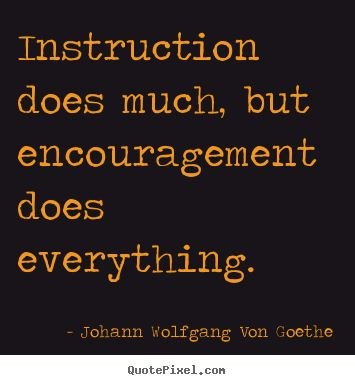How Can I Support My Child Emotionally?
First, let’s talk about how you as the parent of a newly diagnosed dyslexic child might be feeling. You are probably feeling several emotions. These could include fear, denial, powerlessness, helplessness, and perhaps even anger. You may look for someone to blame. But it is important to realize that we have so many wonderful resources available today for this learning difference! As you gather information and educate yourself on the particulars of dyslexia, you will gradually come to accept and understand this unexpected journey you are taking with your child.
So how can you best support your child emotionally after a dyslexia diagnosis?
Stay positive about the situation. Make sure they know that dyslexia does not mean they are “stupid.” Dyslexia has absolutely nothing to do with your child’s intelligence. Some children with dyslexia often feel ashamed because they are different from their classmates. But other children are actually relieved to have an explanation for why they have been having difficulties! Help them understand that they learn in a different way and that is okay. This is one of the things that makes them special. Many people call dyslexia their superpower! Teach your child to “own” their dyslexia and not apologize for it.

Teach them to work hard and persevere. Teach them that doing hard things is only going to develop the grit and determination that will go with them into every area of their life as they grow. Dyslexics who have overcome their struggles are some of the bravest, most determined people I know! After all they have been through academically and emotionally with dyslexia, there is usually nothing that scares them. They are fearless! Reward their effort, not just the outcome. Their grades should not be as important as their progress.

Celebrate their many talents and abilities. Find their strengths and help them develop them. Dyslexics often have significant abilities in areas such as sports, music, art, and mechanics. These activities are also wonderful outlets for children who find schoolwork to be laborious and difficult. Encourage playtime and provide activities that will develop their imaginations. Let them build, create, and invent! Make sure their abilities are what define them. Celebrate their successes which will build their confidence.
“If you have kids who are struggling with dyslexia, the GREATEST GIFT you can give them is the sense that nothing is unattainable.”
-Orlando Bloom
Please never say “Try harder.” These words are devastating to a dyslexic child. When they ask why they can’t read like everyone else, the right answer is, “Because everyone’s brain is different, and that’s okay! That makes you extra special. And look what you can do so well – you can play the piano so beautifully! And your artwork is amazing. I am so proud of the talented person you are!”

You and your child will get through this. The future is bright!
